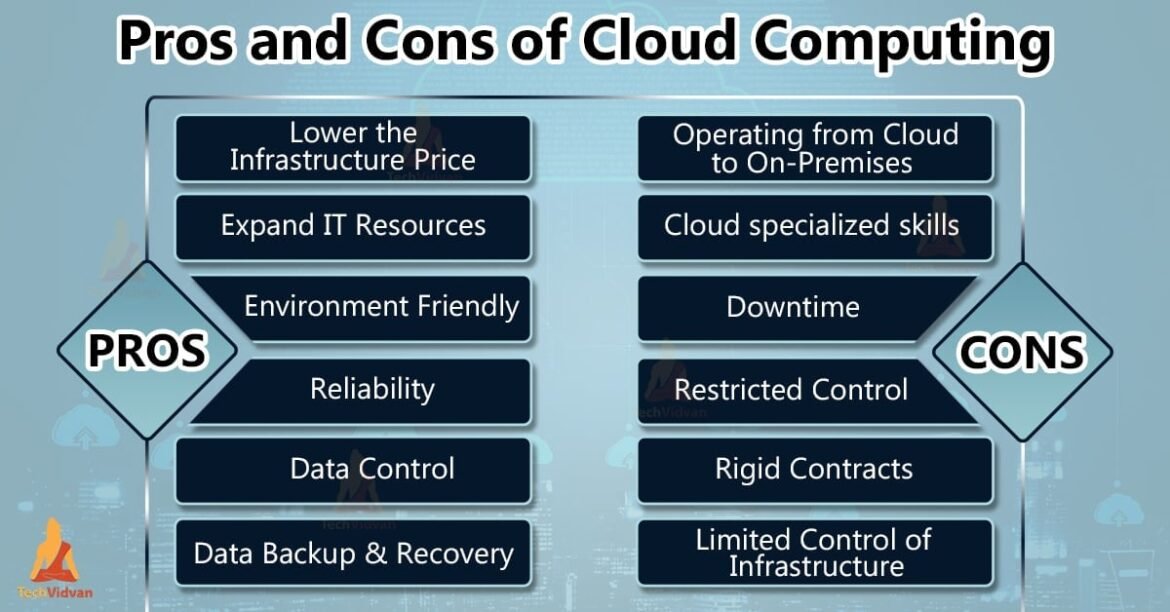
Introduction
Definition of Personal Cloud Solutions
Personal cloud solutions refer to data storage and management tools that allow individuals to store their files on a remote server accessible via the internet. This system empowers users to manage their data seamlessly across various devices—like smartphones, laptops, and tablets—ensuring that important documents and photos are always just a click away. Imagine having all your cherished family memories available on your phone, regardless of where you are!
Overview of Advantages and Disadvantages
While personal cloud solutions have revolutionized data management, they come with their pros and cons. Here’s a quick overview:
Advantages:
- Accessibility: Access files anytime, anywhere.
- Synchronization: Keep data updated across devices effortlessly.
- Security: Advanced encryption protects sensitive information.
Disadvantages:
- Privacy Concerns: Storing data online raises questions about who has access.
- Internet Dependence: A stable internet connection is essential.
- Cost: Some solutions can get pricey, depending on storage needs.
As we delve deeper, we will explore these advantages and disadvantages to help you choose the best solution for your needs.
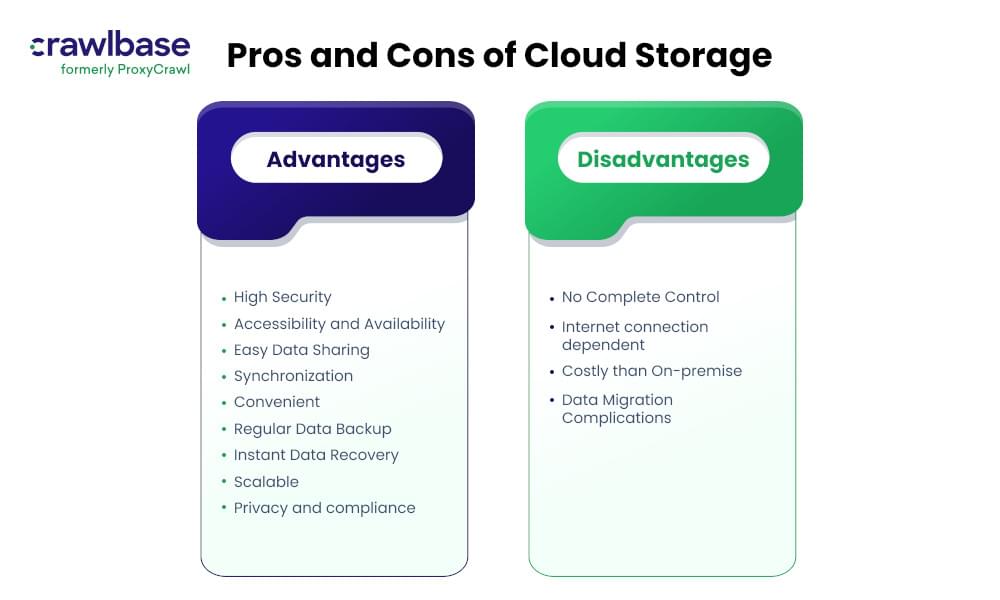
Advantages of Personal Cloud Solutions
Data Accessibility
One of the standout benefits of personal cloud solutions is data accessibility. Users can access their files from anywhere with an internet connection—be it lounging at home or rushing between meetings. For instance, Sarah, a busy consultant, often finds herself pulling up important documents on her phone while waiting for her morning coffee. This capability means no more frantic searches for USB drives or emailing files to yourself!
Data Synchronization
Data synchronization is another crucial advantage. Personal cloud services ensure that any changes made on one device reflect instantly across all others. Imagine editing a presentation on your laptop and seeing those updates on your tablet within moments. It eliminates confusion and keeps everyone on the same page.
Data Security
Finally, data security is paramount. With personal cloud solutions, users benefit from robust encryption and backup features. Many services offer multi-factor authentication to ensure that only you can access your information. For example, John, who stores sensitive business documents, appreciates the peace of mind that comes with knowing his data is protected from unauthorized access.
These advantages make personal cloud solutions an attractive option for both individuals and businesses alike.
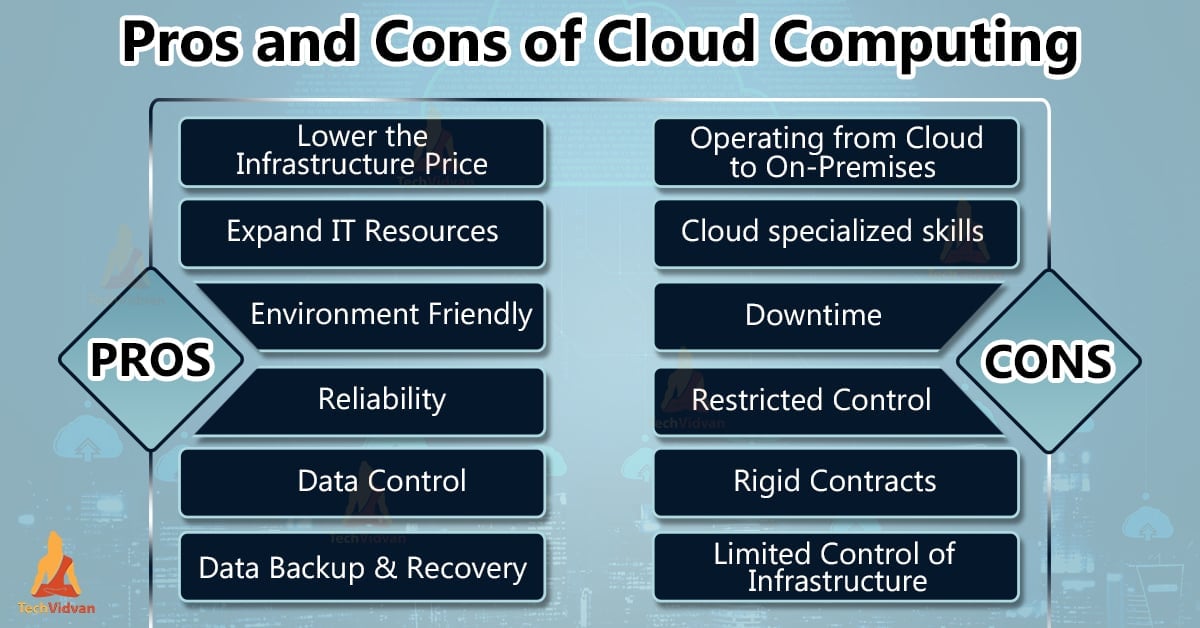
Disadvantages of Personal Cloud Solutions
Privacy Concerns
Despite their advantages, personal cloud solutions come with notable disadvantages, starting with privacy concerns. Many users worry about who has access to their data stored online. Consider Emily, who hesitated to upload her travel photos to a popular cloud service, fearing they might be seen by unintended eyes. It’s essential to understand the privacy policies of the service you choose and the implications of data sharing.
Dependence on Internet Connection
Another drawback is the dependence on a reliable internet connection. Without it, accessing your data becomes challenging—imagine being on a road trip and realizing you can’t access your necessary itinerary because of poor service. This can be a dealbreaker for those frequently on the go or in remote areas.
Cost Considerations
Lastly, cost can be a concern. Many personal cloud solutions come with subscription fees that can add up over time. Think of Tom, who initially went for a free plan but soon found himself needing expanded storage, leading to additional monthly costs. Balancing this against the features provided is crucial for making an informed decision.
Awareness of these drawbacks is important when considering whether personal cloud solutions are the right fit.
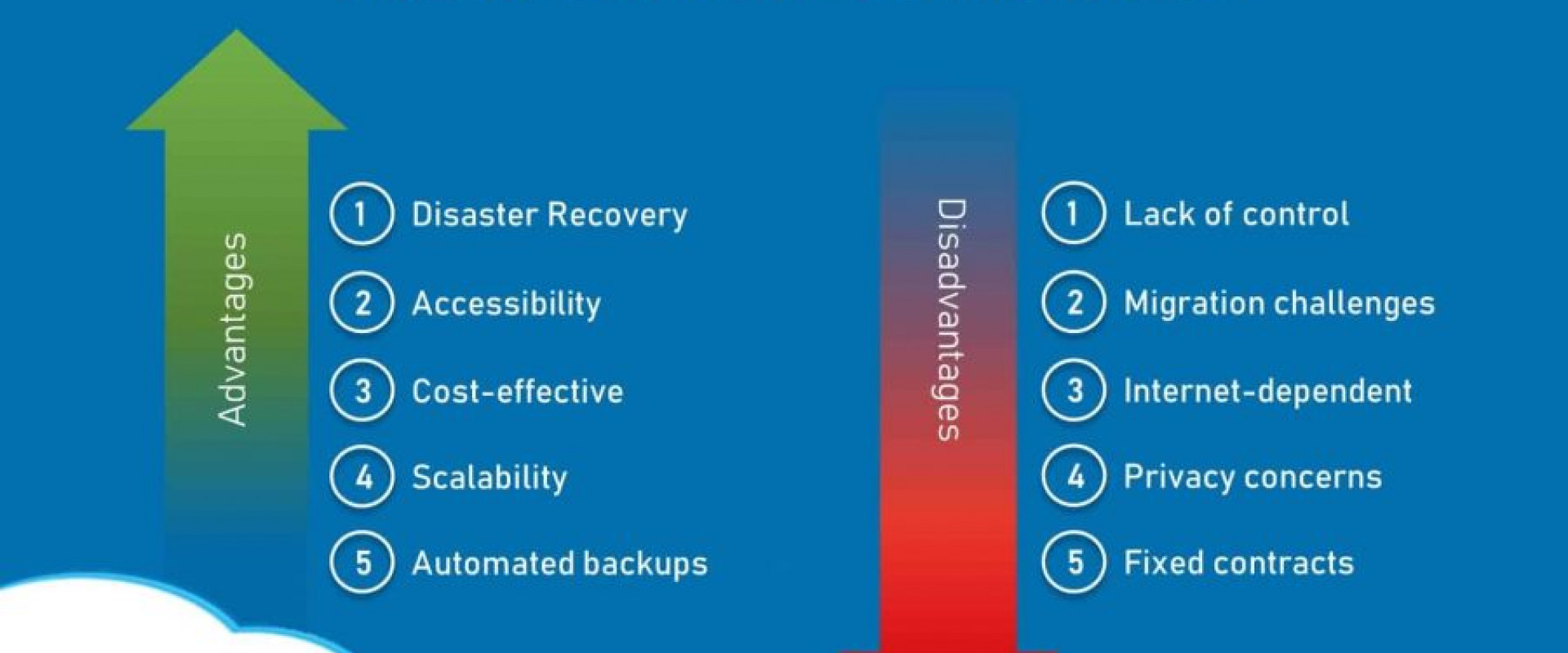
Comparison with Traditional Storage Methods
Pros and Cons of Traditional Storage Methods
When comparing personal cloud solutions to traditional storage methods, it’s helpful to weigh the pros and cons. Traditional methods, such as external hard drives or USB flash drives, offer:
Pros:
- Physical Control: You have your data in hand, which some may find comforting.
- No Internet Required: Data is accessible without an internet connection—perfect for remote areas.
Cons:
- Limited Accessibility: Files are only available where the storage device is located.
- Risk of Damage or Loss: Physical devices can be easily misplaced or damaged, leading to potential data loss.
How Personal Cloud Solutions Stand Out
In contrast, personal cloud solutions shine in their accessibility and versatility. Imagine Laura, a freelance designer, working on her laptop at a coffee shop while easily pulling up her latest graphics on her tablet. Cloud solutions allow seamless access from multiple devices, minimizing the risk of lost data. Furthermore, many offer automatic backups, ensuring that her hard work is always safe and sound.
This makes personal cloud solutions an appealing option for anyone looking to merge convenience with security.

Tips for Choosing the Right Personal Cloud Solution
Storage Capacity Needs
Choosing the right personal cloud solution starts with assessing your storage capacity needs. Are you a casual user with just a few photos and documents, or a heavy user with large video files and extensive collections? For instance, if Lisa, a budding photographer, plans to upload multiple high-resolution images every week, she’ll need a plan that offers ample space.
Security Features
Next, security features should be a top priority. Look for solutions that provide end-to-end encryption and multi-factor authentication. Consider that Mark, who often stores sensitive business information, opts for a cloud service known for its robust security measures. Ensuring your data remains safe from unauthorized access is crucial.
Ease of Use
Lastly, ensure the solution is user-friendly. A complicated interface can lead to frustration. For example, when Sam started using a complicated service, he quickly abandoned it for one that offered a more straightforward, intuitive experience. An easy-to-navigate platform ensures you spend less time managing your files and more time enjoying them.
By considering these factors, you can find the perfect personal cloud solution to meet your needs!

Case Studies: Real-Life Examples
Successful Implementation Stories
Real-life examples often shed light on the advantages of personal cloud solutions. Take the case of a small business called Creative Minds. After migrating to a personal cloud system, they saw a 30% increase in team collaboration. Team members could easily share design files, receive feedback instantly, and access documents from anywhere. This not only streamlined their workflow but also significantly boosted project completion rates.
Challenges Faced and Overcome
However, transitioning isn’t always smooth. The marketing team initially faced difficulties with data migration, leading to temporary frustration. They overcame this challenge by integrating training sessions on the new system, ensuring everyone was comfortable with the updated workflows. This experience highlights the importance of not only selecting the right solution but also dedicating time to educate users—an investment that ultimately enhanced productivity and satisfaction.
Learning from these case studies can provide valuable insights for anyone considering personal cloud solutions.
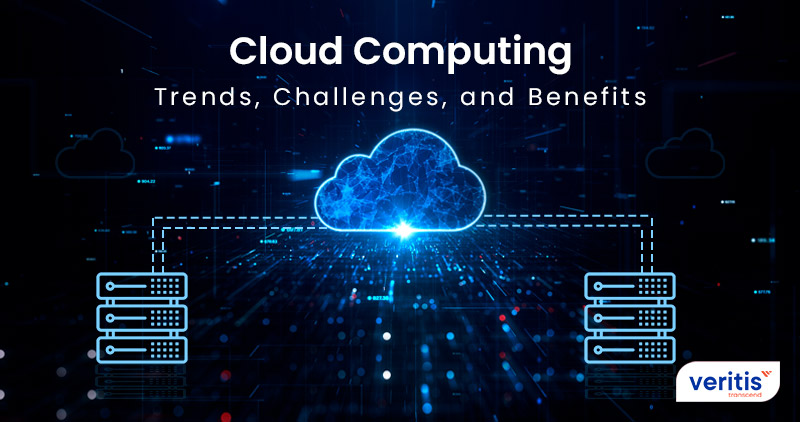
Future Trends in Personal Cloud Solutions
Evolving Technologies
As technology continues to evolve, personal cloud solutions are set to become even more sophisticated. Innovations such as artificial intelligence (AI) are already beginning to transform how we manage and access our data. For example, imagine a cloud service that automatically organizes photos using AI, grouping them by events or people, just like your personal assistant! This shift will facilitate enhanced user experiences, making data management both intuitive and efficient.
Predictions for Personal Cloud Industry
Looking ahead, industry experts predict a surge in demand for seamless integration of personal cloud solutions with smart home devices. Picture Sarah coming home, and her smart fridge automatically syncing her grocery list with her cloud storage! In addition, the rise of decentralized networks could further enhance data security and privacy, addressing users’ ongoing concerns.
By staying attuned to these trends, individuals and businesses can leverage the full potential of personal cloud technology to enhance productivity and security in the coming years.
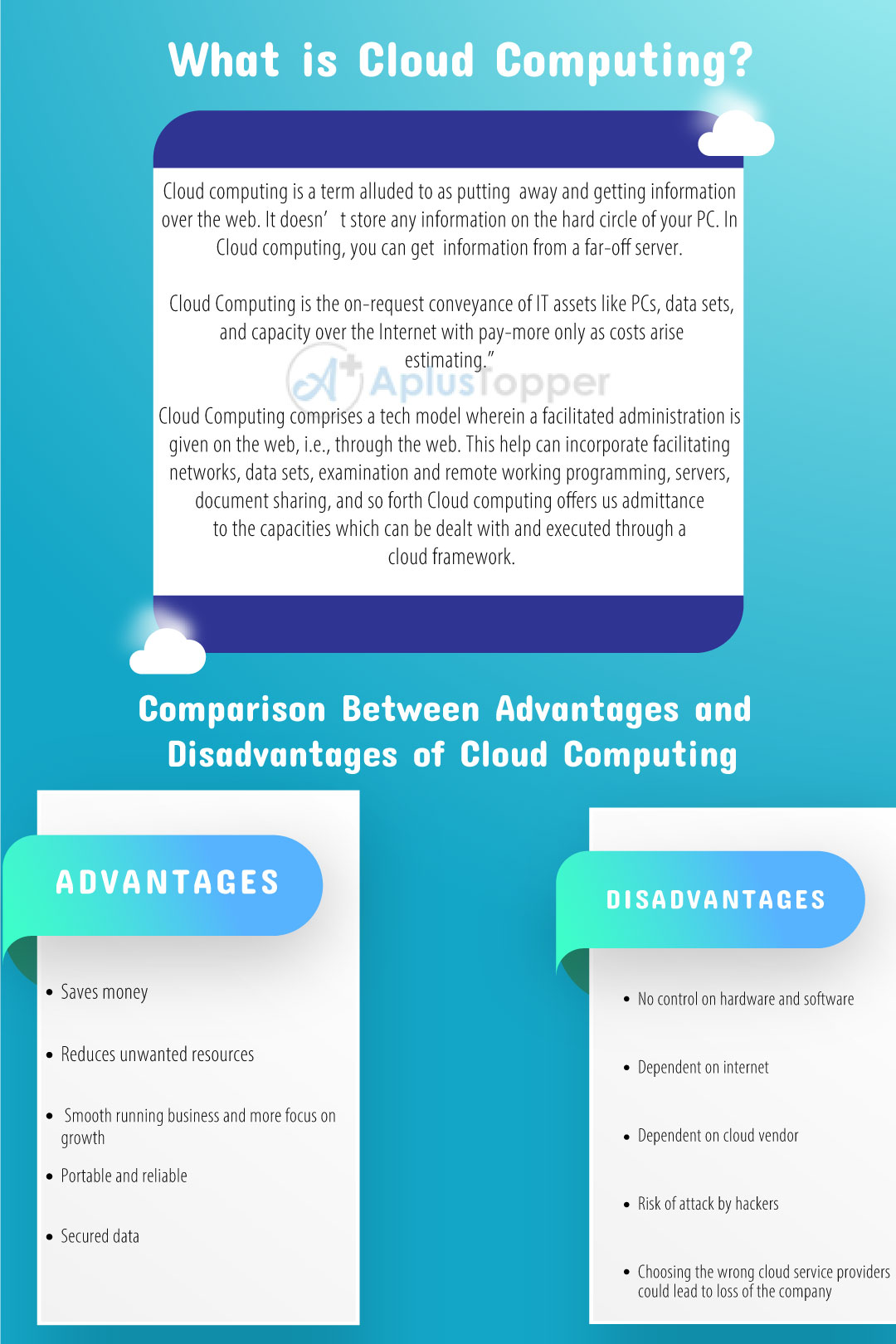
Conclusion
Recap of Advantages and Disadvantages
In summary, personal cloud solutions offer a plethora of advantages, including data accessibility, synchronization, and robust security features. They enhance convenience and collaboration, making them an attractive option for individuals and businesses alike. However, it’s essential to also consider the disadvantages, such as privacy concerns, reliance on internet connectivity, and potential costs. For instance, John may love the ease of accessing his files from anywhere, but he must also be aware of the implications of storing sensitive data online.
Final Thoughts on Personal Cloud Solutions
Ultimately, the decision to adopt personal cloud solutions should be based on careful consideration of your unique needs and circumstances. By weighing the pros and cons, setting security measures, and understanding future trends, you’ll be well-equipped to select the right solution. Embracing this technology can lead to greater efficiency and peace of mind in managing your data.
